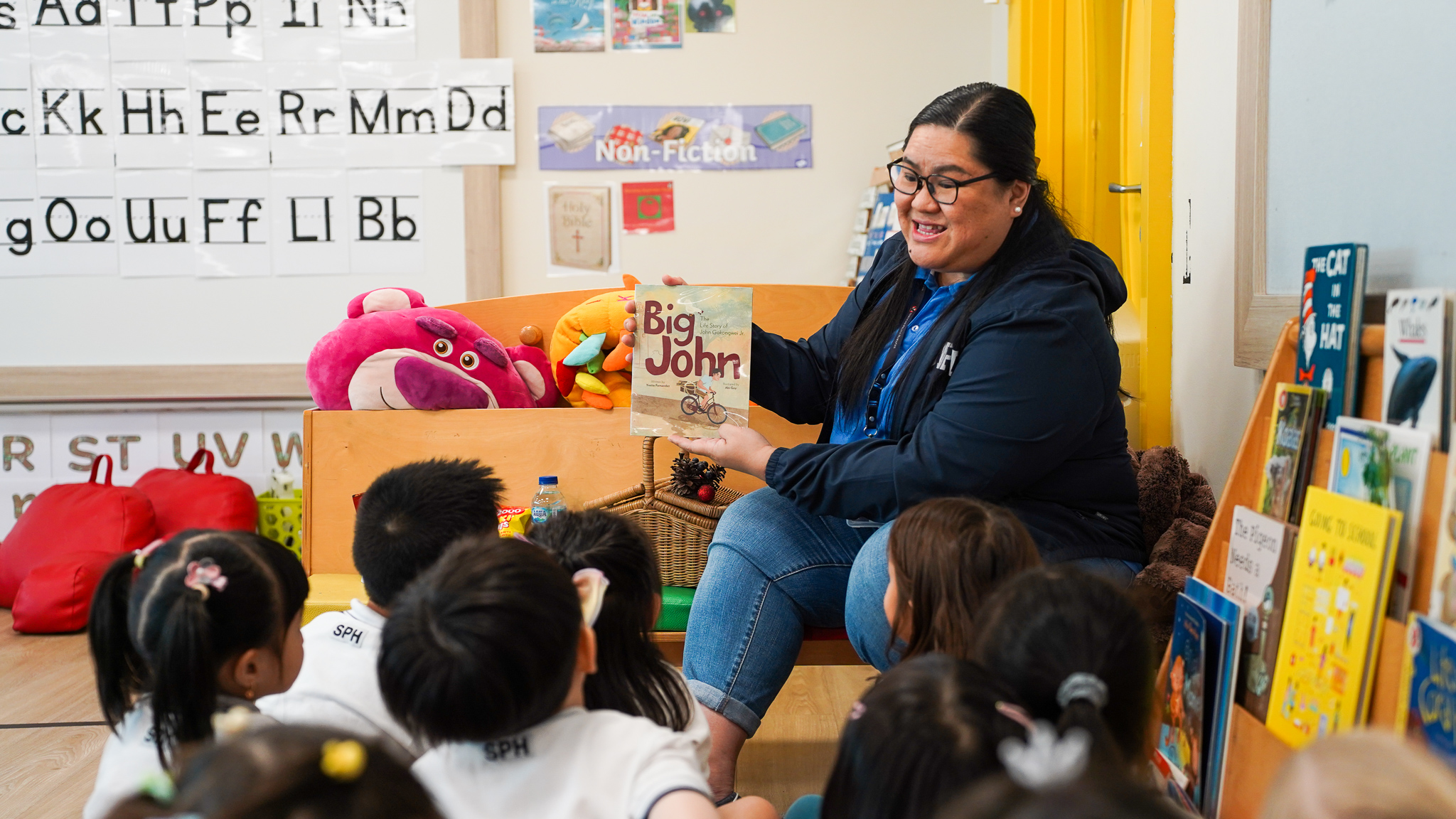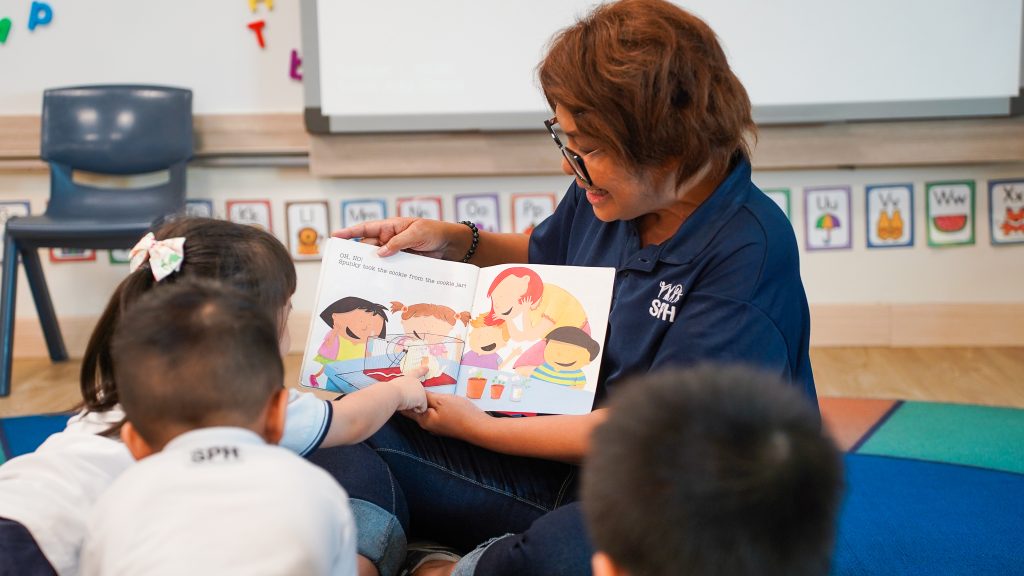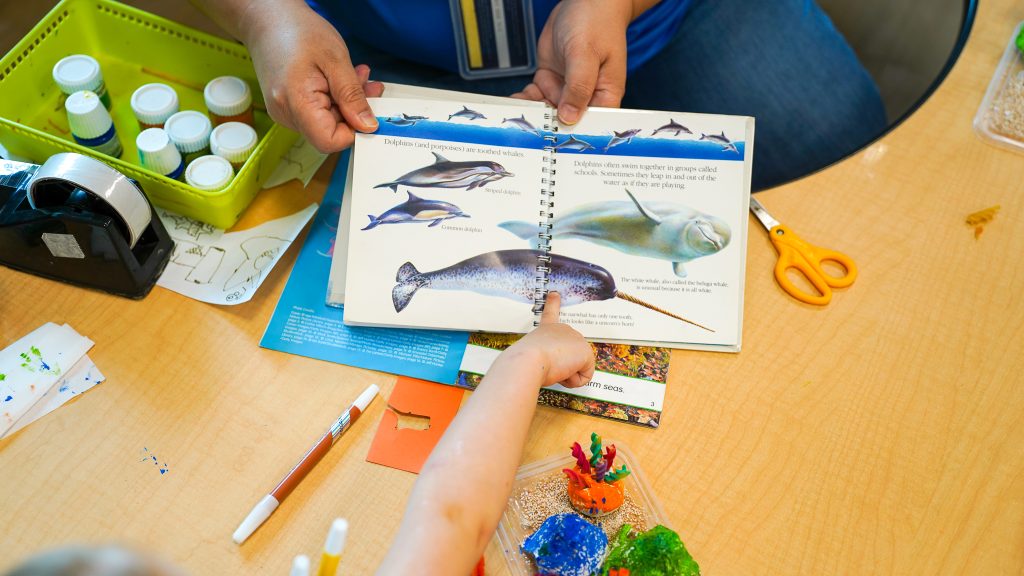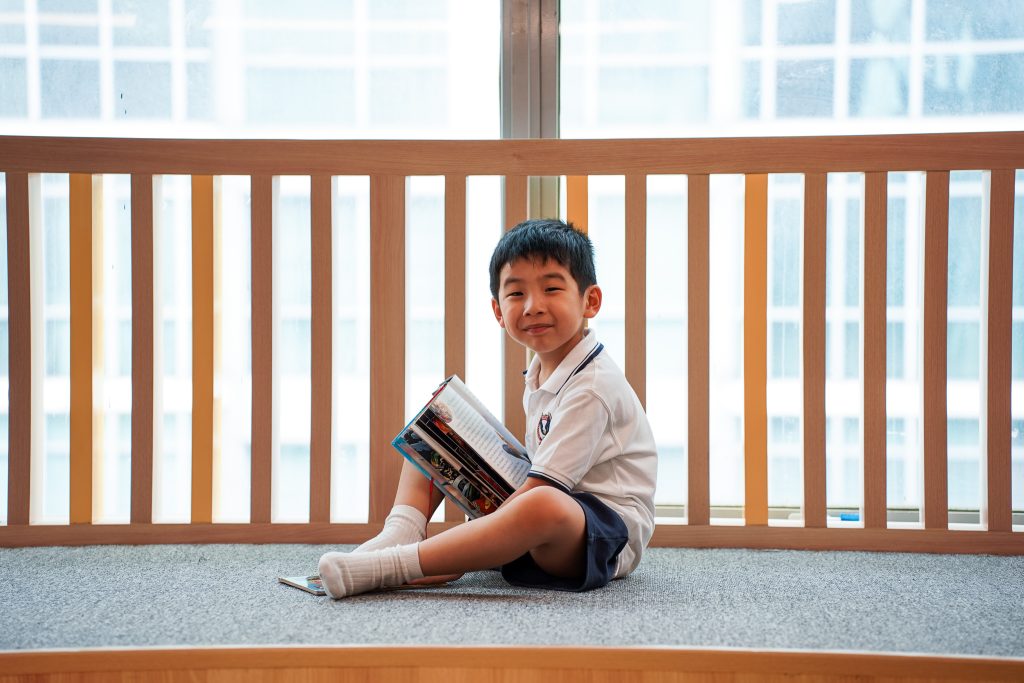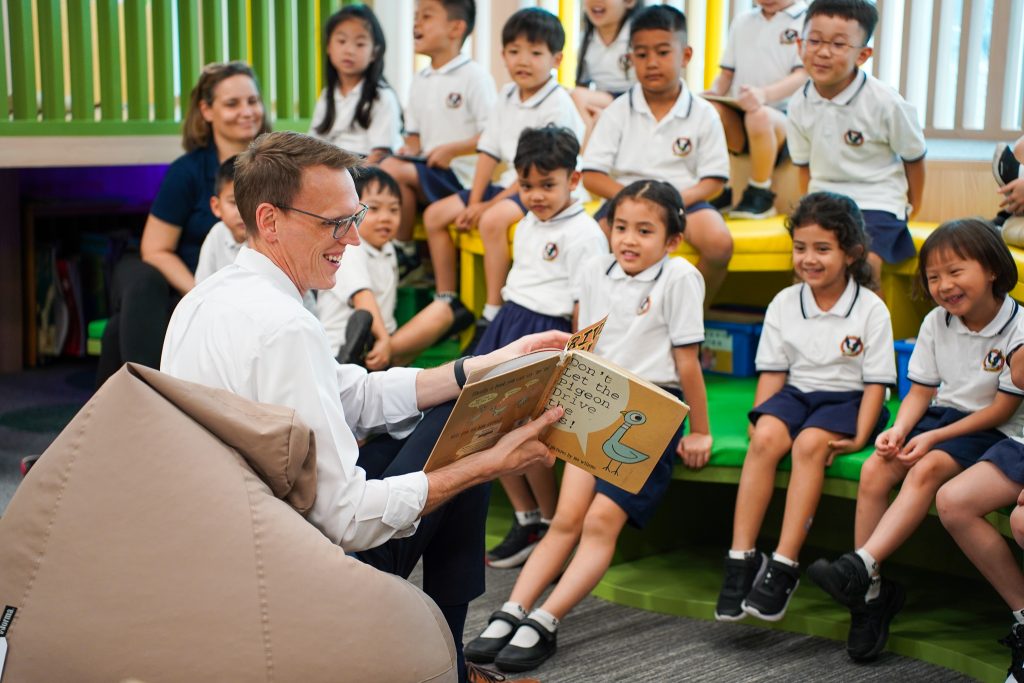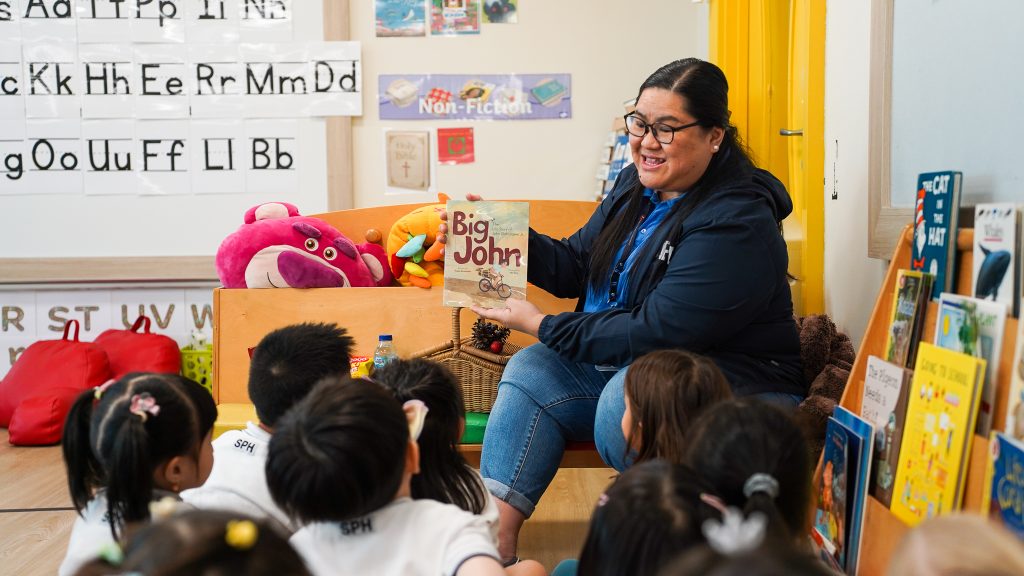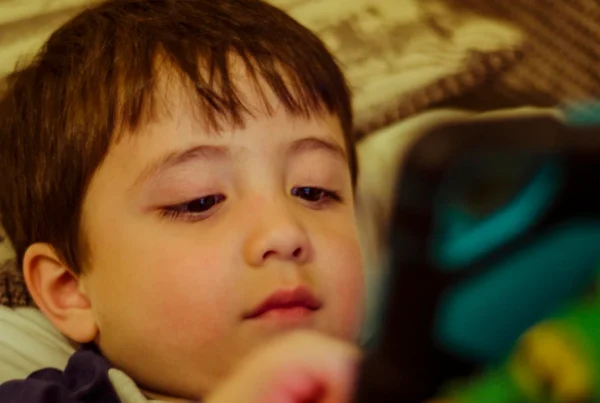The wisdom of Proverbs 22:6 reminds us, “Start children off on the way they should go, and even when they are old, they will not turn from it.” This timeless principle beautifully illustrates the significant role adults—parents, teachers, and caregivers—play in cultivating the earliest seeds of literacy in children’s lives.
According to educators with extensive experience in teaching phonics and supporting young learners with reading development, introducing reading from a very young age has been proven to have a profound impact on their growth. Early engagement with books transcends mere vocabulary acquisition; it ignites curiosity, sparks imagination, fosters emotional understanding, and cultivates a lifelong passion for learning. This begs the question: when is the optimal time to embark on this crucial journey of developing children reading skills?
The Truth: Never Too Early to Start
The encouraging truth is that it is never too early to begin nurturing a child’s relationship with reading. Even before they utter their first words or fully comprehend narratives, children immensely benefit from the warmth of storytelling, the melodic rhythm of language, and the visual stimulation of vibrant illustrations. This initial exposure forms a vital bedrock for their future language and cognitive growth, significantly impacting their reading skills development.
Drawing upon years of implementing multi-sensory approaches in phonics instruction, educators understand that reading should be a joyful, inclusive, and accessible experience for all children. Engaging multiple senses—seeing, hearing, touching, and moving—strengthens neural connections, transforming reading from a potentially challenging task into an immersive and enjoyable adventure.
Read more: The Role of Parents in Early Childhood Education
5 Practical Strategies for Parents
Here are practical strategies to cultivate a love for reading and enhance children reading skills at home:
1. Establish Consistent Family Reading Routines
Designate specific times for reading, whether it’s a comforting bedtime ritual or a relaxing afternoon activity. Making reading a predictable and cozy part of the daily routine signals its importance and creates positive associations. Just as a special song can signal story time in a classroom, establishing consistent reading times at home helps children anticipate and look forward to these moments.
2. Follow the Child’s Lead in Choosing Books
Allow a child’s natural curiosity to guide the selection of reading material, from intriguing nutrition labels to captivating picture books. When children have ownership over their reading choices, their engagement and enthusiasm naturally increase. For instance, if a child shows interest in a particular animal or topic, providing books related to that subject can fuel their desire to read and learn.
3. Connect Stories to Everyday Experiences
Choose books that mirror a child’s own life experiences, making the stories more relatable and meaningful. Highlighting the parallels between the characters’ feelings or situations and the child’s own world deepens their understanding and engagement with the text. This bridging of real-life connections enhances comprehension and makes reading more relevant.
Read more: 7 Steps on How to Teach, How to Read
4. Encourage Repetition of Favorite Stories
Revisiting familiar stories plays a crucial role in deepening comprehension and building confidence, particularly for children who may face learning differences. Children often return to beloved books because they are gaining a deeper understanding of the narrative or because they have had a similar experience. While exposing children to a variety of books is beneficial, allowing them to revisit their favorites provides comfort and reinforces their growing reading skills.
5. Engage Multiple Senses in Storytelling
Bring stories to life by acting them out, using props, and varying the setting to create rich sensory experiences. Tools like story prop boxes, where children can reenact scenes using their own words, and the use of finger puppets or a puppet stage, which encourages imaginative play and dialogue, can transform reading into an interactive and memorable activity.
Read more: How to Work Together for Your Child’s Well-Being
As educators and parents entrusted with the development of young minds, our deliberate efforts today lay the foundation for creating lifelong readers tomorrow. Remember, reading with a child is far more than an educational exercise; it is an invaluable opportunity for connection, nurturing their reading skills and fostering a lifelong love of learning.
Partnering with Schools that Nurture the Seeds of Literacy
At Sekolah Pelita Harapan (SPH), the dedication to fostering a love for reading and strong children’s reading skills is woven seamlessly into our educational approach. From our International Preschool and Kindergarten programs that emphasize interactive storytelling and phonics-based instruction to our well-stocked libraries, catered specifically for the different needs of younger and older students, that invite exploration, SPH is committed to creating a nurturing environment where the seeds of literacy can flourish. Our teacher actively employs multi-sensory techniques and encourages joyful engagement with books.
Discover how our school cultivate a lifelong love for reading in our students – explore our learning program and get in touch with our team today!
*This article is originally written by Lycel Arboleda, Kindergarten Teacher at SPH Kemang Village since 2020 with more than 20 years of teaching experience


